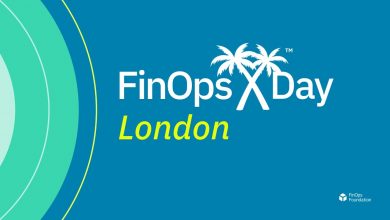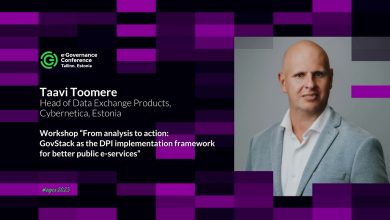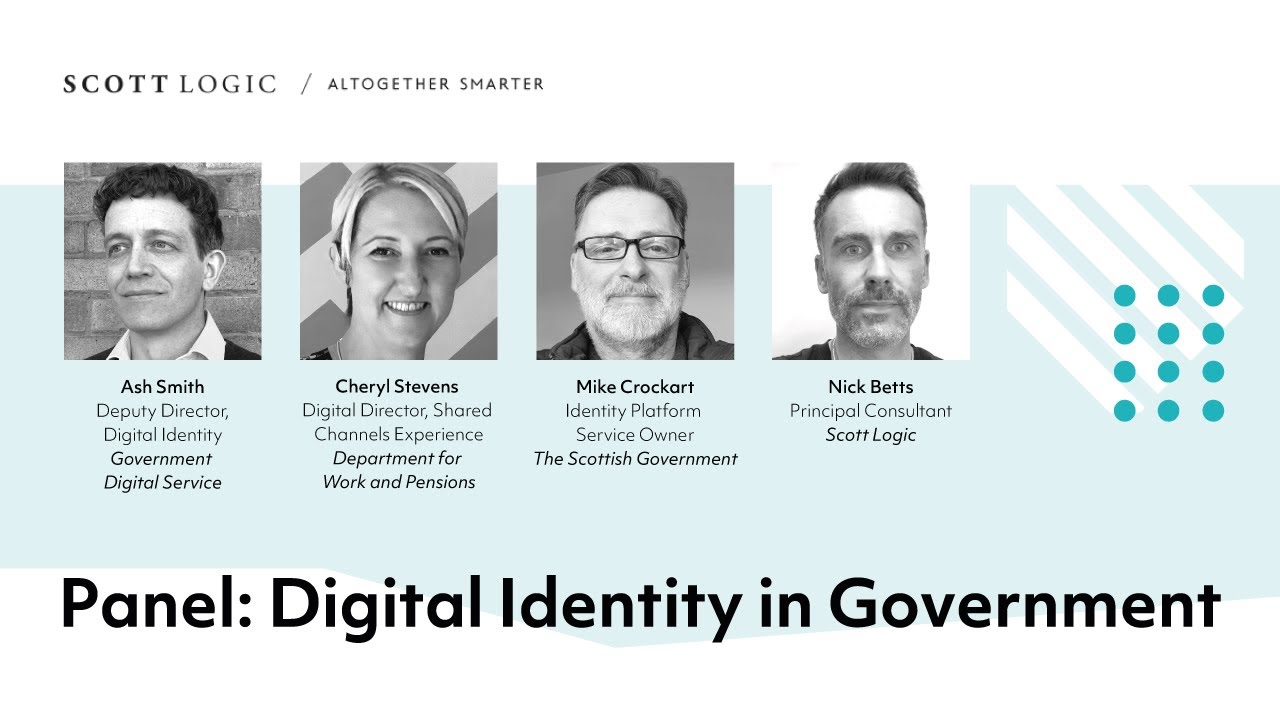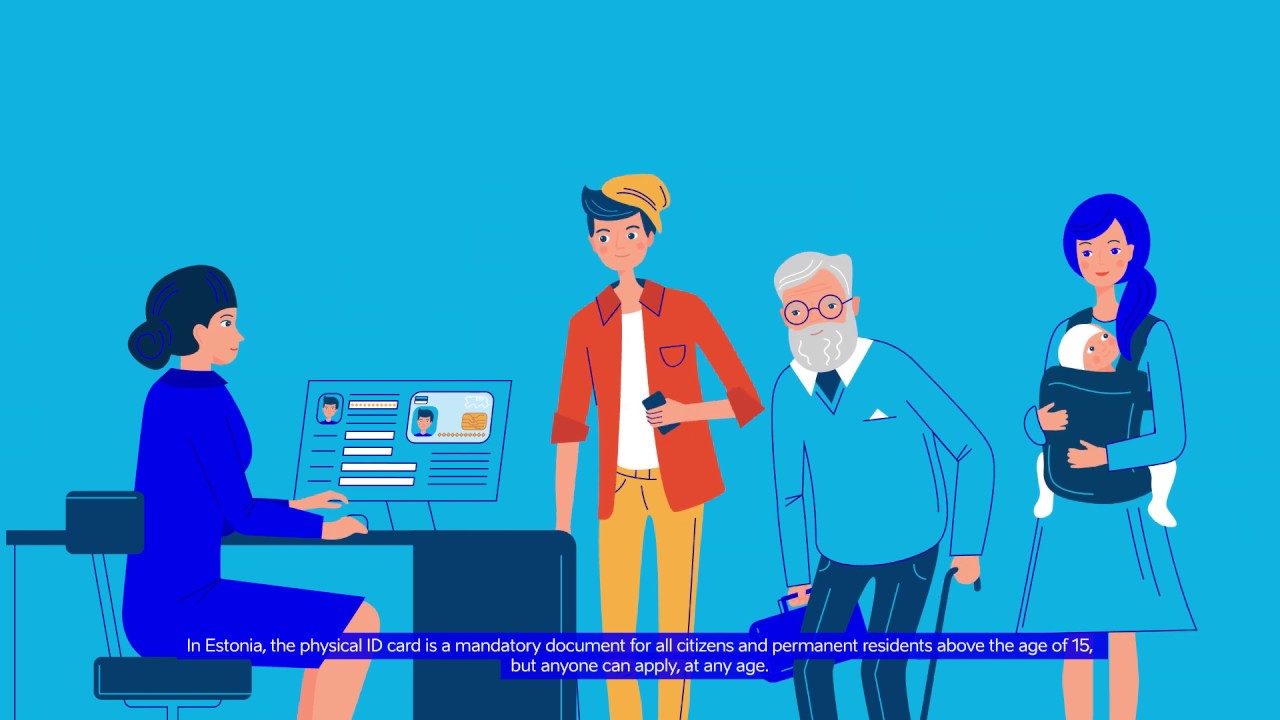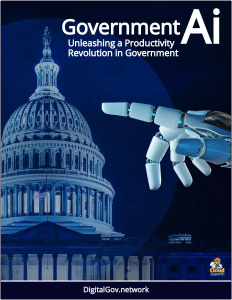 A core goal for the USA Government to realize it’s ambitions for large scale efficiency improvements through AI are the most common workflows, like permit approvals.
A core goal for the USA Government to realize it’s ambitions for large scale efficiency improvements through AI are the most common workflows, like permit approvals.
As Gov Technology reports San Jose and Bellevue are rolling out an AI-powered “smart assistant” to enhance city permitting processes.
Developed in partnership with Govstream.ai, the tool integrates chat, email, and voice interfaces connected to a government-specific knowledge base.
Ai-Powered Intelligent Workflows
It’s trained on local data like development codes, zoning maps, GIS, parcel info, and permit history, enabling it to automate routine tasks such as drafting code-cited emails, checking plan completeness, flagging zoning conflicts, and answering common inquiries.
Key figures include Bellevue CIO Sabra Schneider, who oversees implementation; Govstream.ai CEO Safouen Rabah, who detailed the system’s capabilities; and experts like Clemson University’s Nathan McNeese and Brown University’s Suresh Venkatasubramanian, who stressed human-centric AI adoption in a recent webinar.
Benefits include reducing “document toil” for staff, allowing focus on high-judgment tasks related to safety and equity, and providing thematic insights from AI-staff interactions—Schneider noted, “We’re also starting to use the tool to analyze conversations… for thematic insights about how our community interacts with different aspects of permitting.”
Challenges emphasized include maintaining staff oversight for traceability and treating AI as an ongoing, contextual process rather than a one-time software purchase, with Venkatasubramanian warning, “AI is not like buying a piece of software… It’s one of those things where it’s an ongoing conversation.”
The pilot, launched via Bellevue’s Innovation Forum, moved to real-world use earlier this month, with plans to expand public access for residents, designers, and contractors. The city will showcase innovations at a Civic Innovation Day on October 16.
Govstream.ai
Govstream.ai is a GovTech SaaS startup founded in 2024, specializing in AI-powered solutions for streamlining government permitting and urban development processes. Its core technology is a “people-first” AI suite that transforms complex municipal data—such as development codes, GIS layers, historical permit records, and zoning information—into intuitive, automated workflows.
This enables faster approvals, reduces staff workloads, and improves applicant experiences by automating routine tasks while keeping human oversight central. The system is designed for seamless integration with existing government systems, emphasizing ethical AI practices like transparency, data privacy, and continuous improvement through feedback loops.
How the Technology Works
At its heart, Govstream.ai employs AI agents—autonomous software entities that perceive inputs (e.g., user queries or project details), reason against ingested data, and take actions to achieve goals like compliance checks or form guidance. These agents operate in a multi-stage workflow:
- Data Ingestion and Processing: The system ingests and unifies disparate sources (e.g., codes, GIS, permits) into a centralized “single source of truth.” This creates a knowledge base for real-time querying and analysis.
- User Interaction and Automation: Users interact via natural language interfaces (chat, email, voice). The AI processes inputs contextually—e.g., using location-based intelligence to flag zoning issues—and generates outputs like step-by-step guidance or automated emails with code citations.
- Oversight and Iteration: All interactions feed into a unified dashboard for staff review. Nightly retraining uses feedback (e.g., reviewer comments, accuracy scores) to refine the AI, ensuring it evolves with local policies and user needs.
This closed-loop architecture minimizes errors, catches issues early (e.g., incomplete applications), and provides analytics on trends like backlogs or equity in permitting. Govstream.ai’s technology is structured around three interconnected products, each targeting a phase of the permitting lifecycle:
- Permit Guide – Entry-point tool for initial inquiries, accessible 24/7 via city websites: Instant, location-specific answers on permit needs and requirements, reduces confusion by outlining steps and documents upfront and supports web, email, and voice interfaces for broad accessibility.
- Application Assistant – Conversational backend for form handling and submission: Automates data validation, document checks, and compliance flagging, generates tailored workflows to ensure accurate, complete submissions, and syncs with existing systems to avoid data duplication.
- Permit Center – Centralized hub for staff oversight and decision-making: Live dashboards aggregating metrics (e.g., cycle times, workloads), linked communication threads for emails, chats, and transcripts, policy controls for customizing prompts, rules, and data sources, and feedback capture for ongoing AI refinement.
Early results show reduced “document toil” and faster cycle times, with each month shaved from permitting potentially saving $4,400 per housing unit. The approach prioritizes collaborative development—co-building with governments to ensure tools fit real needs—proving AI’s value in public sector efficiency without replacing human expertise.
